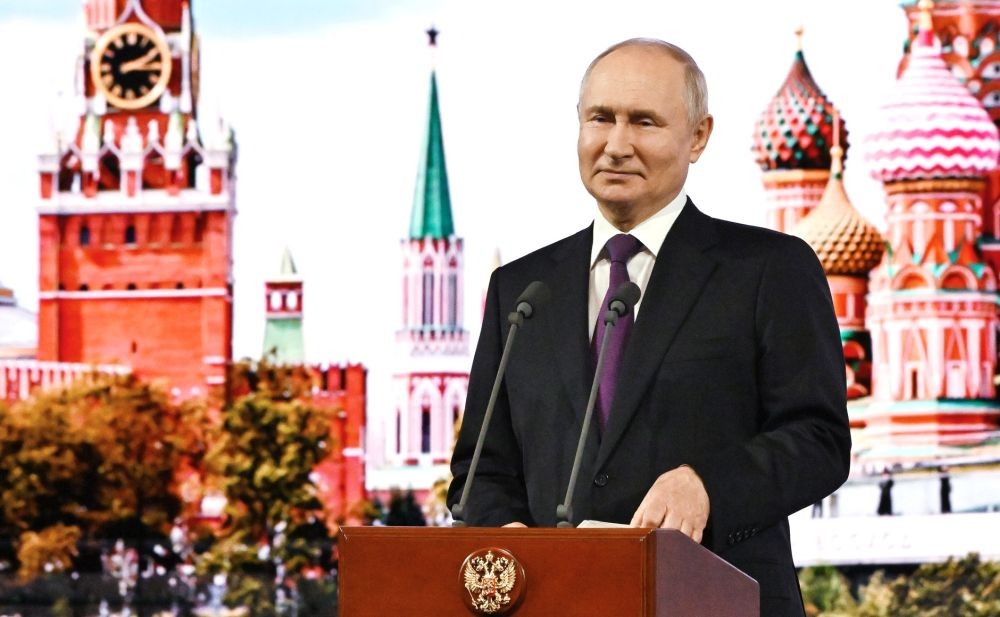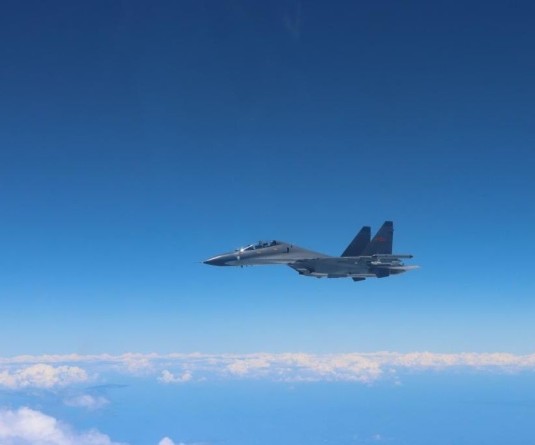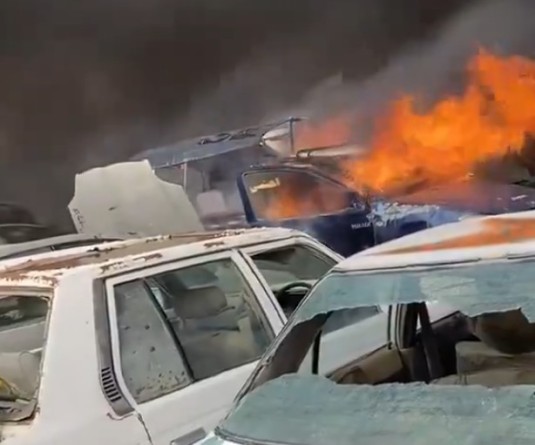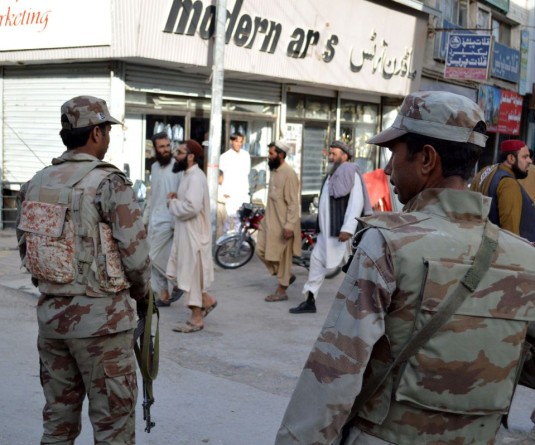IANS Photo

New Delhi, December 2 (IANS) Amid the conflict in Ukraine, Russia will head to polls in March 2024 to elect a new President.
While the focus is on whether incumbent Vladimir Putin contests again, more important is whether there is any alternative, and more significantly, will some other leader's emergence mean a major change in policies.
Under the law, the Russian presidential elections are to take place in mid-March. The Federation Council, the upper house of the Parliament, is expected to announce the date 90 to 100 days before the elections -- approximately between December 8 and 18.
These will be the first polls since the 2020 constitutional amendment, which set a limit of two presidential terms - but not retrospectively, thus allowing Putin to contest in 2024, and even 2030.
The possibility of the first proviso in these elections seems remote, going by the present array of candidates, declared or probable, unless Putin reprises the manoeuvre of his predecessor Boris Yeltsin in 1999.
Thwarted by the legislature in reinstalling his preferred choice Viktor Chernomyrdin as Prime Minister in 1998, Yeltsin had juggled through three candidates for the post before picking Putin, then the head of domestic intelligence agency, as head of government in August 1999.
Yeltsin then resigned unexpectedly at the end of the year, propelling Putin, his covert planned successor, to the top post.
Putin, who has announced that he will decide whether he will contest for his fifth term once the elections are formally declared -- though sources indicate he will fight, is unlikely to be so capricious, or abrupt, in the rare case he holds back.
His chosen successor at the end of his first presidential stint (2000-08) was Dmitri Medvedev, whom he knew from St Petersburg in the post-Soviet era, who was associated with his administration since 2000, and announced as candidate months before the 2008 polls.
Significantly, Medvedev upstaged Putin's fellow KGB colleague Sergei Ivanov, who was seen as a strong contender.
If Putin has any preference this time around, it remains a close-guarded secret, though names of Defence Minister Sergei Shoigu, SVR Director Sergey Naryshkin, Deputy Prime Minister Alexander Novak, Moscow Mayor Sergey Sobyanin, Medvedev and some others of his circle, have been speculated upon.
To the second question of policy change, the prospects are infinitesimal, even if Putin hands over the baton, or by a miraculous marvel, some outlier wins.
With 'liberal' Alexei Navalny in prison and anyway disqualified from politics, the eventual nominee of the social liberal Russian United Democratic Party 'Yabloko' or Boris Nadezhdin, the nominee of the centre-right democratic Civic Initiative, who have spoken out against the Ukraine war, are the other candidates who could offer an alternative policy.
But will they be credible candidates, even if they meet the threshold to contest?
Going by their present strength - Yabloko only has presence in some regional parliaments, not the Duma, and the Civic Initiative is an an extra-parliamentary force, it is doubtful that they could make a change.
For other parties with parliamentary presence, apart from the ruling and country's largest United Russia, the Communist Party of the Russian Federation, which is the second-largest, A Just Russia – For Truth, the misleadingly named ultra-nationalist Liberal Democratic Party, New People, Rodina, Civic Platform, and Party of Growth may be conservative, left-wing, or liberal but are all nationalist - especially when it comes to Ukraine.
These may put up candidates for the 2024 polls - for the Communist Party, it may be chief Gennady Zyuganov, who has contested unsuccessfully four times since 1996 or Pavel Grudinin, the 2018 candidate, or even new Duma deputy Maria Prusakova, but just to make it a multi-sided contest, rather than for any change.
Since the 19th century, Russia, intellectually and politically, has those advocating closer ties with the West and those stressing on the Slavic heritage - the Westerners or Europhiles, and the Slavophiles - and both have had their ascendance and fall during the Tsarist, Communist, and post-Soviet period.
However, Putin's 2007 speech at the Munich Security Conference was a watershed in the debate as he called out the US' "almost uncontained hyper use of force" in international relations and how NATO expansion was not concerned with its modernisation or with ensuring security in Europe, but a "serious provocation that reduces the level of mutual trust".
"And we have the right to ask: Against whom is this expansion intended," he asked.
Since then, Crimea, the intervention in the Syrian Civil War, and finally, the Ukraine conflict shows Russia is not confrontation-averse -- and this is something that most of the political elite agree with.
And for the common Russians, the harsh sanctions, visa bans, the extensive items that can be confiscated, and so on, are not conducive to creating support for the West or seeking reversal of policies.






